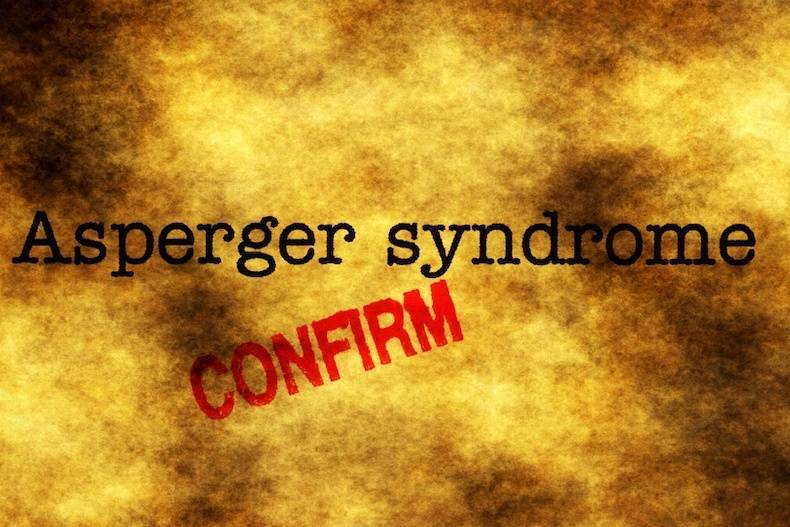
Does it makes sense to find out if you have Autism Spectrum Disorder, and if so, what should you anticipate? Are there real advantages to knowing? Would a diagnosis of Autism Spectrum Disorder be inviting any unexpected problems? Is there any point in getting an evaluation? Is the whole thing worth it?
Here are some thoughts about the pros and cons of an Autism Spectrum Disorder diagnosis as an adult, to help you sort through this important decision.
Advantages of an Autism Spectrum Disorder Diagnosis
- Understanding yourself better may be the most important reason to seek an evaluation. If it turns out that you meet the criteria for Autism Spectrum Disorder, you will have gained a better understanding of what you do and why you do it. This translates, more directly, into greater awareness of your strengths and weaknesses, the problems you are likely to encounter, and the assets you have to deal with those problems.
- Although there are several traits that are typically associated with Autism Spectrum Disorder, each person is unique. Autism Spectrum Disorder affects everyone differently. What is common to someone with Autism Spectrum Disorder, however, is that each individual has strengths and weaknesses, just like everyone else, and we all benefit from knowing these.
- For many people, knowing they have Autism Spectrum Disorder dispels their fear of being crazy or weird. Autism Spectrum Disorder is simply a different way of thinking and behaving, no better or no worse than how neurotypical people behave. It’s a difference, not an abnormality. Knowing this often helps people to forgive themselves for the differences they have. A diagnosis heightens awareness of challenges and obstacles in a positive sense, reducing insecurities and negative self-esteem.
- Contrary to what some believe, a diagnosis of Autism Spectrum Disorder more often than not helps improve the quality of one’s relationships. Many couples struggle with misunderstanding, miscommunication, confusion, resentment, and other problems. Knowing what they are dealing with, as an outcome of an Autism Spectrum Disorder diagnosis, helps improve the stresses and strains that build up when a couple doesn’t understand what they are facing.
- Many adults find that an Autism Spectrum Disorder diagnosis provides a rational explanation for past behavior that formerly appeared inexplicable. A diagnosis illuminates difficult experiences, such as difficulty understanding other people’s thoughts, feelings, and actions. It helps put into context the actions of other people, including those who have been key figures in one’s development, such as parents, teachers and friends.
- A diagnosis of Autism Spectrum Disorder from a professional provides peace of mind and validation, not only for those who have suspected they were different but also for friends, family members and others who suspected the same. By identifying the source of one’s differences, the truth is revealed for all to believe. Doubt and uncertainty no longer rules.
Disadvantages of an Autism Spectrum Disorder Diagnosis
- There is always a risk that the diagnosis is incorrect, whether the determination is that one does or doesn’t have Autism Spectrum Disorder. Even though the criteria for Autism Spectrum Disorder are described and illustrated in detail, in the end the diagnostic process is a subjective one. Regardless of training and experience, personal feelings, attitudes, and experience factor into the decision making process of an evaluation. We may like to think the evaluation is devoid of personal influence, like the readings of an x-ray scan, but that cannot be. Whenever people are involved in a decision, subjectivity plays some role
- It’s inevitable that one’s identity is affected by an Autism Spectrum Disorder diagnosis, sometimes negatively. Depression, confusion, loss of self-confidence, shame, anger, and feelings of failure are only some of the reactions that can and do occur for many who receive a diagnosis of Autism Spectrum Disorder. What must be understand is that these are, in most cases, normal reactions, not signs of flaws or abnormality. What matters is access to support from others, understanding that Autism Spectrum Disorder is a difference not a disease, and awareness that all things, Autism Spectrum Disorder included, can be overcome, if that is what one wants.
Now that you know more about the pros and cons, you can read about the Diagnostic Process for Autism Spectrum Disorder.
